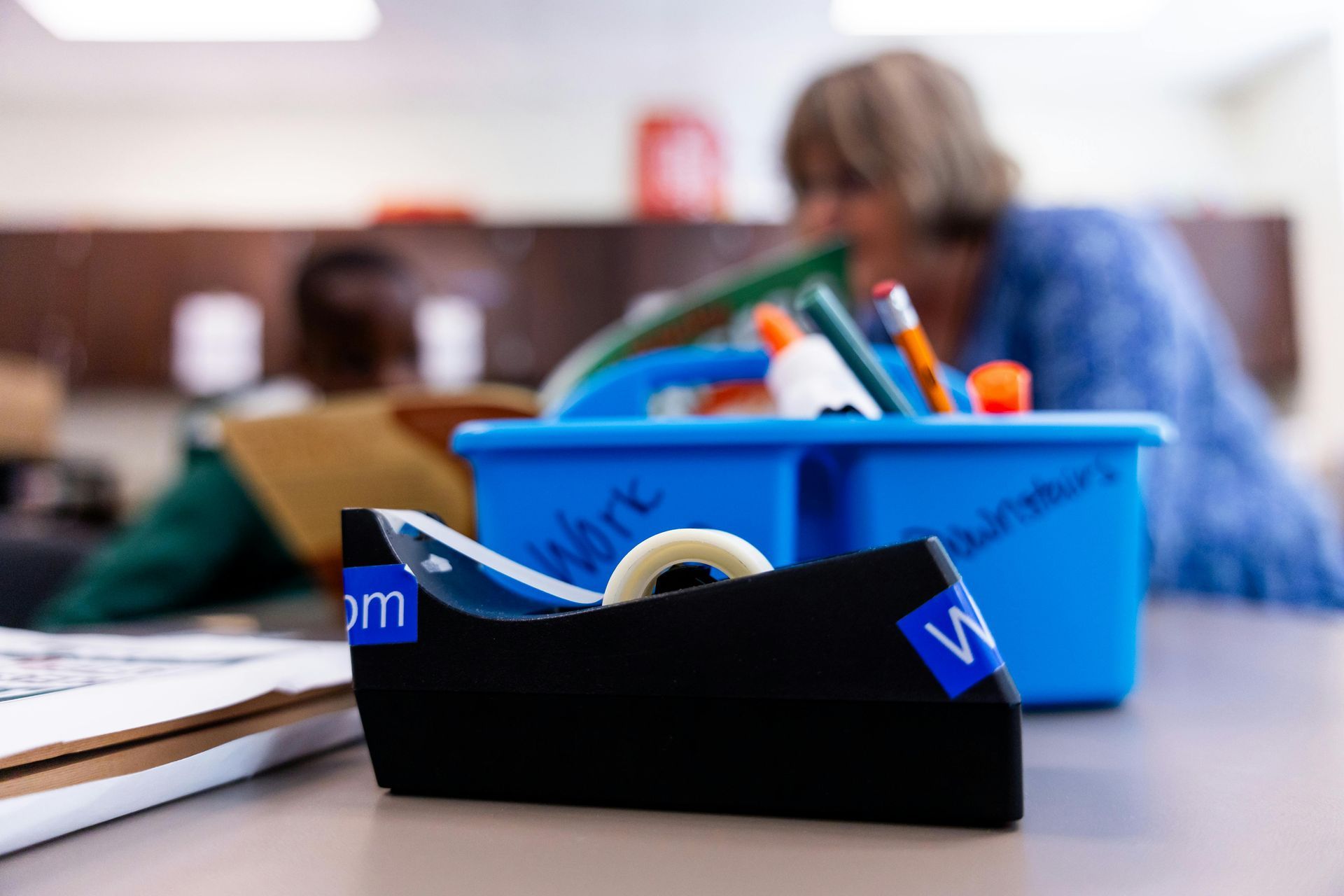Why Spring Break is Crucial for Final-Year Teaching Students
While most students see spring break as downtime, final-year teaching students have a unique opportunity ahead. You're likely juggling final assignments, practicum completion, and thoughts about teacher registration - but this break is the perfect time to get organised for what comes next.
Most graduates receive their results in October/November, and teacher registration requirements vary by state. While you can't start teaching until you're fully qualified and registered, you can absolutely prepare now to hit the ground running when opportunities arise.
Smart preparation during spring break means you'll be ready to apply for roles the moment you're eligible - giving you a serious advantage over graduates who wait until after results to get organised.
1. Secure Your References Now
This is your most important task. Your mentor teachers are fresh from working with you, and their memories of your teaching are at their strongest.
Action steps:
- Confirm mentor teachers as references - reach out now while relationships are fresh
- Request formal reference letters - ask for written references you can use in applications
- Get contact details locked in - ensure you have current phone numbers and email addresses
- Thank them properly - a thoughtful note acknowledging their mentorship goes a long way
Pro tip: Ask for references to be written on school letterhead if possible - it adds credibility to your applications.
2. Organise Your Practicum Documentation
Don't let important documents get lost in the post-graduation chaos.
Gather and organise:
- Practicum reports and evaluations - scan and save multiple copies
- Lesson plans and teaching examples - keep your best work accessible
- Student feedback or work samples - evidence of impact in the classroom
- Placement completion certificates - required for many applications
Store everything digitally and create a backup. You'll need these documents for job applications and potentially for registration processes.
3. Prepare Your Professional Documents
Use this time to create application-ready materials you can customise quickly later.
CV preparation:
- Detail your practicum experiences - specific year levels, subjects, teaching strategies used
- Highlight key achievements - successful lessons, behaviour management wins, technology integration
- Include relevant skills - differentiation, inclusive practices, curriculum knowledge
- Keep formatting clean - principals scan CVs quickly, so make it easy to read
Cover letter templates:
- Draft 2-3 template versions for different types of schools (primary/secondary, metro/regional)
- Focus on your teaching philosophy and what you bring to a school community
- Leave blanks for school-specific customisation
4. Understand Registration Requirements
Each state has different teacher registration processes and timelines.
Research your state's requirements:
- Registration timeline - when can you apply, how long does it take?
- Required documents - transcripts, police checks, practicum reports
- Provisional vs. full registration - understand the pathway in your state
- Professional learning requirements - what ongoing development is expected?
HARKE recruiters are experts in state-by-state requirements and can guide you through the specifics.
5. Start Building Your Network
The teaching community is surprisingly connected, and relationships matter.
Spring break networking:
- Connect with HARKE - register your details and discuss your career goals
- Join professional teaching associations - many offer student memberships
- Follow school social media pages - get familiar with potential employers
- Attend education events - conferences, workshops, or local teaching meetups
6. Research Your Target Schools and Regions
Not all teaching opportunities are created equal. Spring break is perfect for researching where you'd like to work.
Consider:
- Metro vs. regional opportunities - regional schools often have more graduate positions available
- School cultures and values - research schools that align with your teaching philosophy
- Career progression paths - some schools are better for early-career development
- Lifestyle factors - proximity to family, cost of living, community connections
HARKE has partnerships across metro and regional schools in multiple states, helping you find the right fit for both your career and lifestyle goals.
7. Get HARKE in Your Corner Early
Don't wait until you're qualified to start the conversation. Graduate-focused recruitment support includes:
- CV and application reviews - get professional feedback before you need to apply
- Interview preparation - practice with recruiters who know what schools are looking for
- Registration guidance - navigate state requirements with expert help
- Market insights - understand when and where graduate opportunities typically arise
- Ongoing support - from graduation through to your first classroom
Final Word: Invest Now, Benefit Later
Your graduation results might not come until October or November, and registration might take additional time - but that doesn't mean you should wait to prepare. The graduates who use spring break to get organised are the ones who land great roles quickly once they're eligible to teach.
Take a few hours now to secure references, organise documents, and connect with HARKE. When you're finally ready to start your teaching career, you'll be ahead of the pack and ready to step into your first classroom with confidence.
👉 Ready to start preparing? Book a call with HARKE's graduate specialists to discuss your career goals and create your preparation timeline.










